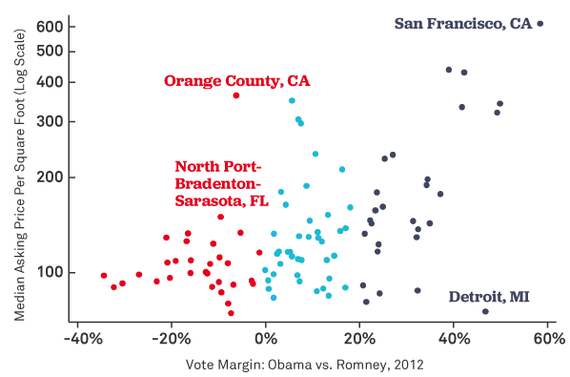- Joined
- Dec 10, 2011
- Messages
- 5,599
- Reaction score
- 2,717
Why Boston rents are so high?
There is alot of factors:
Boston/Cambridge is a major College Hub
MIT---the top scientists, Engineers continue to come to the city
#1 in Startups
#2 City is very accessible and offers jobs-
#3 Everybody wants to live in the same area Somerville, Charlestown, Boston, Cambridge, Southie,
#4 Top of the Tier students from other countries
#5 Boston has HISTORY
#6 Sports Teams (Pats, Celtics, Bruins, Redsox)
#7 4 Seasons
#8 Essex (Truly New England)
#9 Cape Cod
#10 Leader in Biotech
Bottom Line Massachusetts is a beautiful State--
This explains the demand part of supply and demand. In a free market, supply would arise to serve/meet that demand.
Restraints on supply, particularly an unwillingness to build tall and "close in", and the fact that this unwillingness is historical are probably more than half of the reason.

